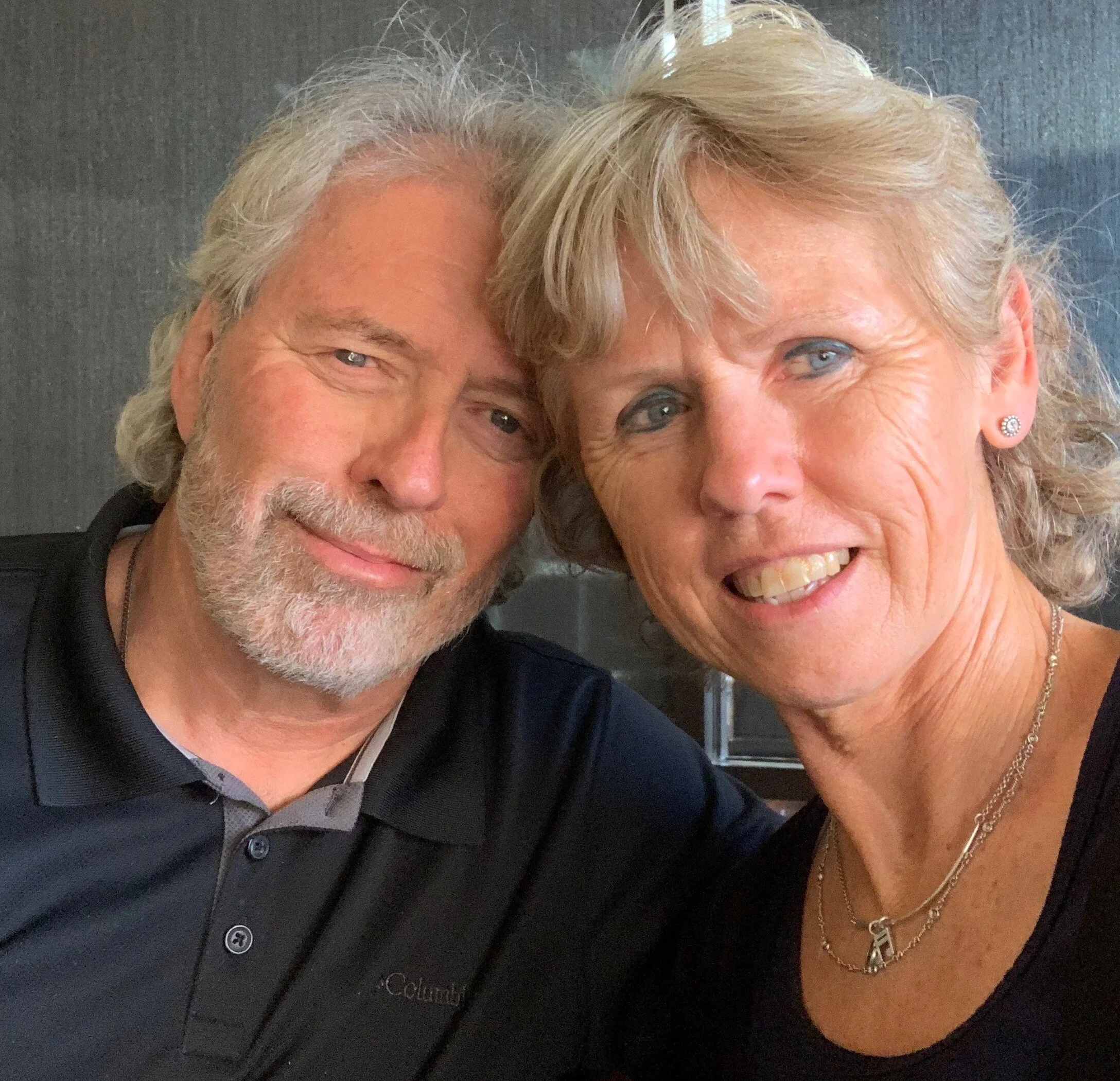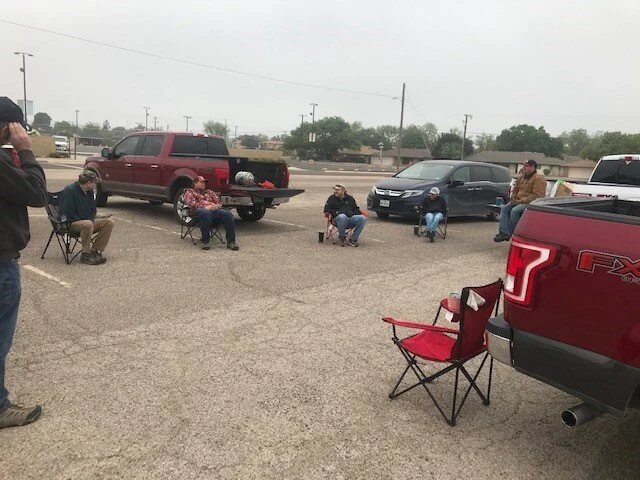15,000 Days
/
Friday, August 21, will mark 15,000 days of marriage for Cyndi and me.
We have a lot to live up to. I looked up length of marriages to see the pattern laid out for us by parents and grandparents:
Cy and Dulcie Simpson: married 44 yrs.
Roy and Pauline Haynes: 49 yrs.
Forrest and Ruby Atchley: 57 yrs.
Deane and Lenelle Simpson: 59 yrs
It’s risky to talk about marriage, since the evidence of our expertise is out there for all to see. Other topics are easier to mask. For example, I might bluff my way though a discussion of oilfield equipment design, or drilling operations, or even Bible study, and only real experts would know whether I was on target.
But writing about marriage to people who see us several times every week means no bluffing. They can see the truth. And not only that, the story isn’t over yet. Who knows what will happen tomorrow?
I have no illusions that our marriage is invulnerable. No relationship is bulletproof. We will continue to suffer attacks from now on. The world will pressure us to fall apart, to break up, to destroy what is important to us; we should expect nothing less. We don’t have to be afraid, but we do have to be wary. We have to be proactive to keep our relationship strong.
There are many topics of married life I certainly don’t feel qualified to write about, such as conflict resolution (I clam up and avoid confrontation); family finances (I’m usually overwhelmed and afraid); or family devotion times (I’m such a loner I forget about including those around me in my devotional life).
But I can write about staying in love for 15,000 days since that has been my life story. And Cyndi, well she has, as it turns out, dedicated her life to making me a happy man. So love is a good topic for us.
Here’s the thing: We learned a few fundamentals in our early twenties that have served us well. I don’t know if we picked them up on our own, or if we read them in a book, or if we heard them in a sermon or seminar, but they’ve protected us all these years.
Probably the best thing we did very early was to decide how we would talk about our marriage, and about each other, to friends and family. We decided to keep our mouths shut about complaints or struggles or dissatisfactions. I don’t mean that we walled ourselves off from people who wanted to help us, but we guarded and protected each other as individuals and as a couple. We were careful about what we said to others.
I also made a conscious decision very early never to tell marriage jokes. I remember being in a large break room one day during lunch, it was full of my coworkers, almost all men, and they were cracking jokes about marriage and bad-mouthing their own spouses. I decided I didn’t want to live like that.
If people heard me talk about marriage it would be only good things. It was a sacrifice, of sorts. I knew I could make people laugh and I was good at sharp retorts and wise cracks and marriage is an easy target. “Take my wife, please …”, and like that.
But I knew that over time, bad marriage jokes would change the shape of my heart. I decided not to do it. I didn’t want to joke myself out of being in love.
Cyndi once described us as living back-to-back, taking on all attackers. Any challenge against one was an attack on both of us. We were back-to-back, shoulder blade-to-shoulder blade, fending off the world if necessary. Not that we were combative, but that we were always protecting each other.
That meant we didn’t have to guard our own back from our own partners. It meant we didn’t tell things on each other, even to our own families. I didn’t tell things on Cyndi to my family or friends, and she didn’t tell things on me to her family and friends.
And so, we never had to be afraid of being ambushed in a future family conversation with some personal piece of embarrassing information.
The curious thing is, our human desire for long-lasting love doesn’t have an evolutionary advantage. It makes us vulnerable, makes us take chances not necessary for survival. The more we love someone, the more we risk, and the people we love most have the greatest opportunity to hurt us the most.
Love means giving your heart away – a great risk. Like ET, whose heart glowed red and showed through his skin when he was emotional, making his physical heart an easy target for anyone who’d cause him harm, our hearts are our weakest most vulnerable assets when full of love.
I’ve learned from comments left on my blog that some people would rather avoid the bother and danger of love. Not me. Long-term love makes my life work. It’s more than worth it. I’m in for another 15,000 days.
“I run in the path of Your commands, for You have set my heart free.” Psalm 119:32
































